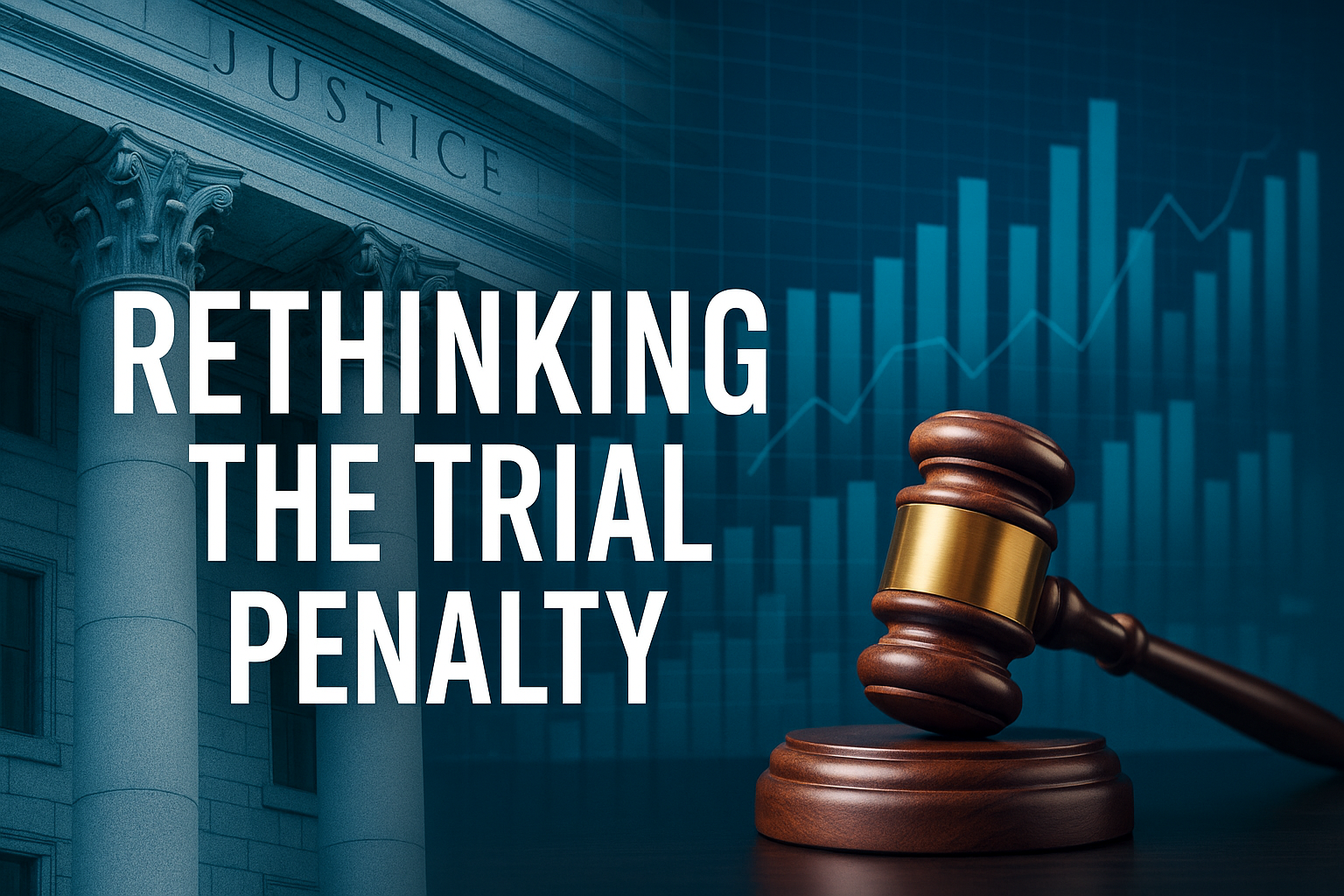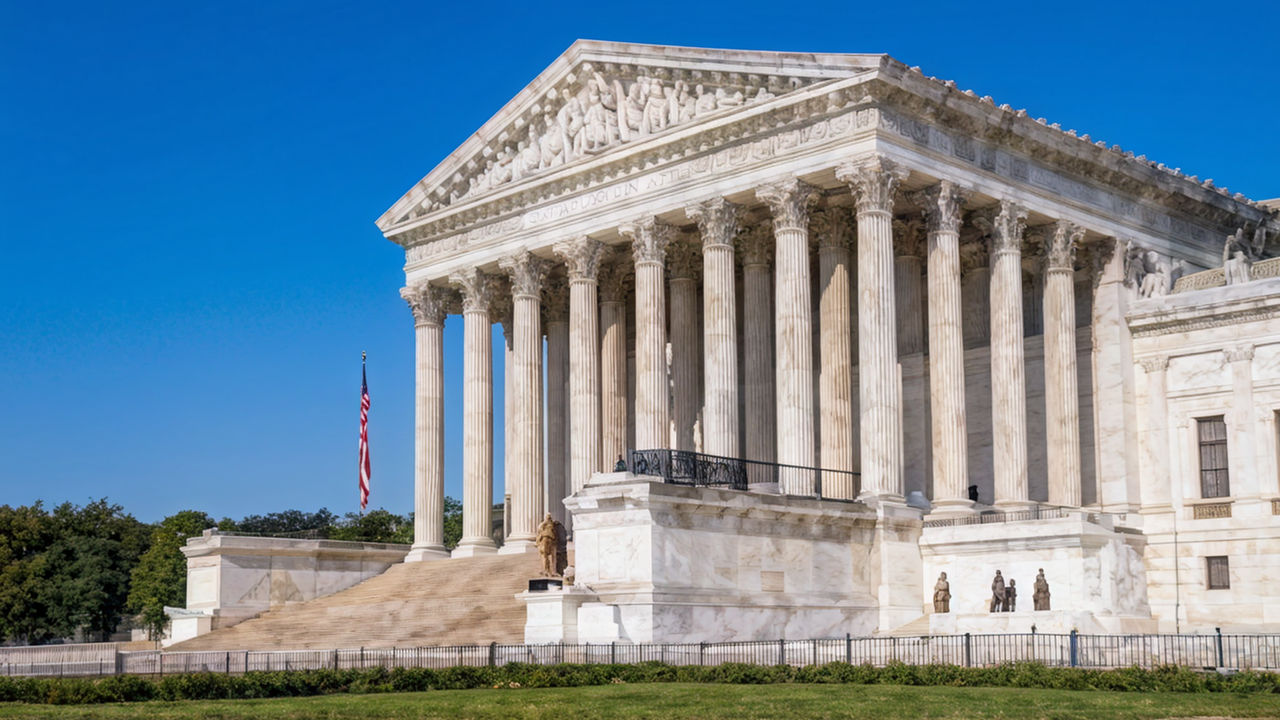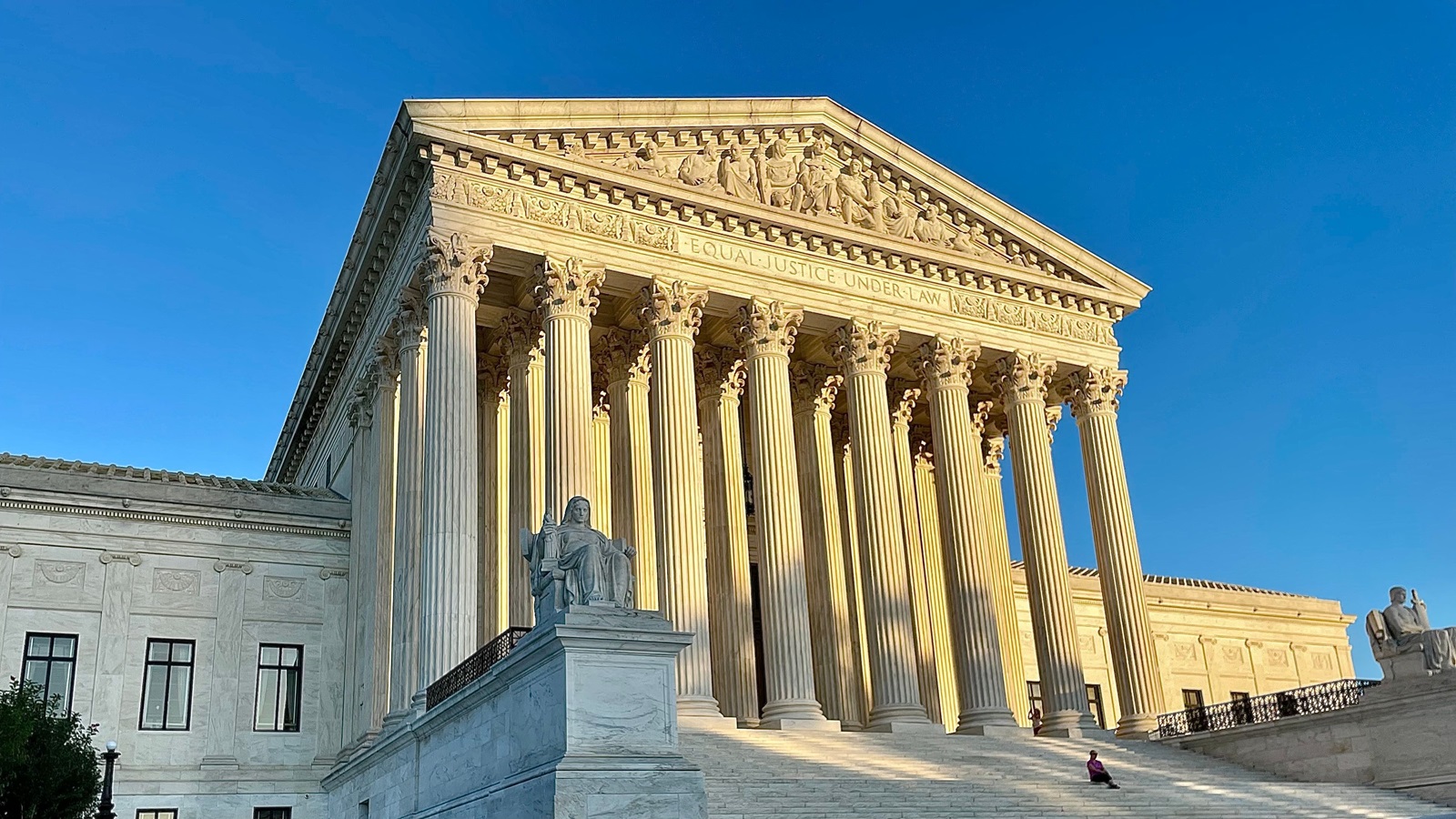SentencingStats.com Joins Microsoft Partner Program and Secures $250K in Azure Support
SentencingStats.com Selected for Google Cloud for Startups Accelerator – Secures $25K Grant


SentencingStats.com Joins Microsoft Partner Program and Secures $250K in Azure Support

SentencingStats.com Joins Microsoft Partner Program and Secures $250K in Azure Support

So today, we celebrate the death of guideline departures, lament the death of due process in immigration, and worry for the future of this democracy.

So today, we celebrate the death of guideline departures, lament the death of due process in immigration, and worry for the future of this democracy.

Will the U.S. Sentencing Commission remove “Departures” from the Sentencing Guidelines and direct court to only consider Variances under 18 U.S.C. 3553(a)?

Will the U.S. Sentencing Commission remove “Departures” from the Sentencing Guidelines and direct court to only consider Variances under 18 U.S.C. 3553(a)?

Biden’s Final Days: Examining the Pardon Power
As President Biden’s term wraps up in January 2025, his active use of executive pardons and commutations has drawn significant attention. In just the last month, Biden has issued numerous pardons, highlighting both the potential and the flaws of the U.S. pardon system. While some applaud his efforts to address injustices, critics point out that the system remains broken, leaving many deserving inmates without relief.
On the morning of Monday, October 21, 2024, the U.S. Supreme Court agreed to review a case that has sharply divided federal courts across the country: what standards judges are to consider when deciding whether to revoke supervised release.

In their thought-provoking guest article in Law 360, “Post-Chevron, Good Riddance to the Sentencing Guidelines,” co-authors Mark Allenbaugh, Doug Passon, and Alan Ellis dive deep into the implications of the Supreme Court’s recent decision in Loper Bright Enterprises v. Raimondo. This landmark case has effectively dismantled the long-standing Chevron doctrine, which traditionally granted deference to agency interpretations of ambiguous statutes.

Thousands of inmates sentenced under the Armed Career Criminal Act (ACCA) are serving prison terms that the US Supreme Court says are unconstitutional. The recent ruling in Erlinger v. United States mandates that a jury, not a judge, must determine whether prior convictions occurred on separate occasions before enhancing a sentence under ACCA. This landmark